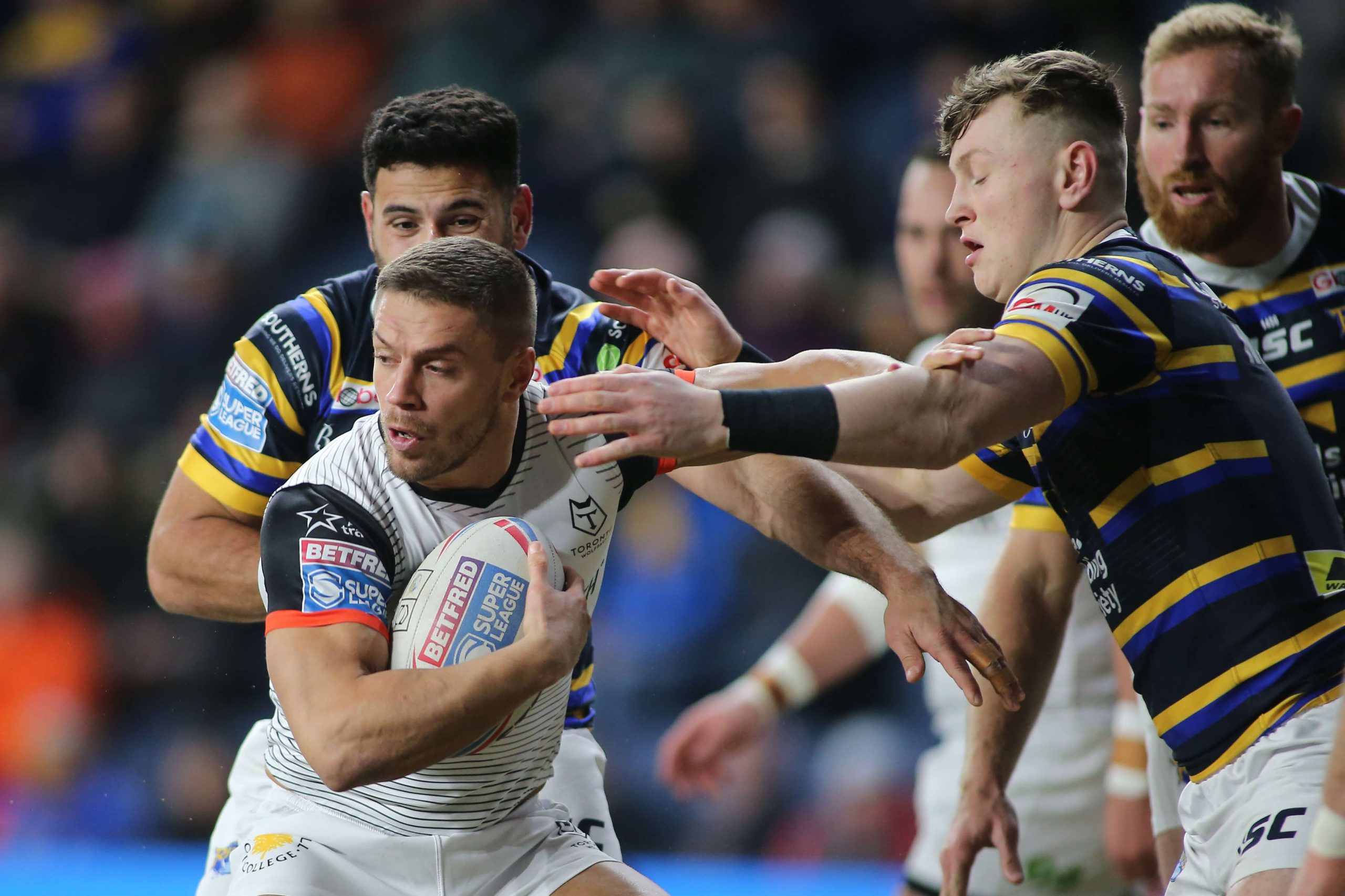TORONTO — Richard Clune remembers the drive — the pain, the anxiety, the uncertainty, the fear.
It was the spring of 2010 and Clune, who had made his NHL debut earlier that season, was finally on the road to getting the help the 23-year-old knew he needed in his crippling addiction battle.
With his younger brother, Matt, at the wheel, they drove through upstate New York in a torrential downpour home to Toronto. Clune wasn’t sure he was going to make it.
“I was in the acute withdrawal phase,” he said in a recent interview with The Canadian Press. “I couldn’t sit still for a second. The most logical thing at that point in time for me was to go jump off a bridge … literally.
“I couldn’t really see myself coming out of it.”
But come out of it he did, and a decade later, Clune is sharing his story in “Hi, My Name is Dicky,” a raw documentary available on iTunes and AppleTV that details his life from aspiring youth hockey player to out-of-control junior antagonist to pro athlete teetering on the edge — one consumed by drugs, alcohol and mental illness.
His journey to recovery started in earnest on that lonely stretch of highway.
“My brother really had to talk me off the ledge,” Clune said. “When I see his face and when I see my other brother Ben’s face, that’s what gave me strength to live, because I didn’t really want to live for myself at that time.
“Matt, at a couple points on that drive, had to do things that no younger brother should have to do and really dig down deep and get me home.”
The documentary from Taylor Prestidge and Haris Usanovic of Upper Canada Films tracks Clune’s life and career, recovery and redemption. It includes interviews with Clune’s parents, brothers, teammates and coaches.
Clune was driven to be the best as a child, but the pressure led him down a dark path at early age.
“I made that decision I was going to put my head down and not see anything but being a hockey player,” Clune, who was selected in the third round of the 2005 NHL draft by the Dallas Stars, says in the film.
He began to try alcohol in his early teens as a way to cope, and it escalated quickly once he got to high school and then the Ontario Hockey League.
“I had this hole inside me that made me insecure and afraid of the world,” Clune recounts. “I got wasted and was like, ‘Wow. OK. I’ll be able to do this. I can cope with this. It’s like a warm blanket.’
“Alcohol saved me. It was my solution to that problem of being self-absorbed and focused on all the things that made me insecure and self-conscious and in pain and sad.”
But he didn’t realize how much of a spiral his life was taking. In junior, he would drive from bar to bar, party to party, drinking, smoking marjiuana and doing cocaine.
“I wanted to walk that line of looking death in the face every day, but still play hockey and do all these things,” Clune says in the film. “I don’t know how I did it.”
Things got worse after junior when he was living in the United States by himself before making his NHL debut in that fateful 2009-10 season, months before becoming completely unglued.
“I had achieved my goal,” he recalls on screen. “But I hated myself.”
Clune eventually checked into rehab a second time — he went once before, but didn’t stay — and committed to getting better with a lot of help from the people around him.
After he got out, he resumed his career and went onto play a total of 120 regular-season games in the NHL with the Los Angeles Kings and Nashville Predators. His contract was bought out in 2015, and he was again at a crossroads — retire or keep going.
That’s when the Toronto Maple Leafs, who were in the early stages of their massive rebuild, came calling to see if Clune wanted to be part of their program. They could only offer an American Hockey League contract, but if things went well, there was a chance he could make the NHL club. At the very least, he would play in the minors and help foster a new culture.
Leafs general manager Kyle Dubas, who was in charge of the minor-league Marlies at the time, saw something in Clune that could be useful.
“He provides a certain energy,” Dubas said. “He provides experience in his life that I thought brought a great spirit to our team.”
Clune played 19 games with Leafs, but the forward truly made his mark with the Marlies. He helped the team win the Calder Cup in 2018 and plans to continue his on-ice career, but equally important was how he’s helped mentor a number of current NHLers.
He’s proud of where he is, and not shy talking about how he got there. Clune still goes to meetings, does the 12 steps and now works to help others.
He also thinks a lot about why he made the decision to live, to fight, and get better, when many others — including some fellow pro hockey players — have gone down a different path.
“In the beginning, it was because I wanted to see my brothers,” said Clune, his voice cracking with emotion. “Then it transformed into wanting to live for myself. I started to discover what it feels like to have self esteem and to have love.
“I just hope people realize that they’re not alone with how they feel. Don’t be afraid to ask for help.”
This report by The Canadian Press was first published Aug. 18, 2020.
___
Follow @JClipperton_CP on Twitter
Joshua Clipperton, The Canadian Press













